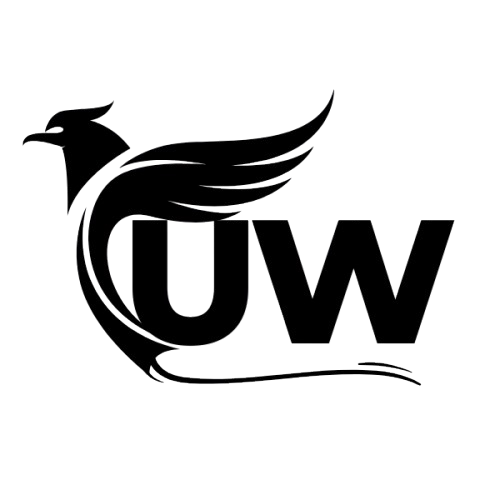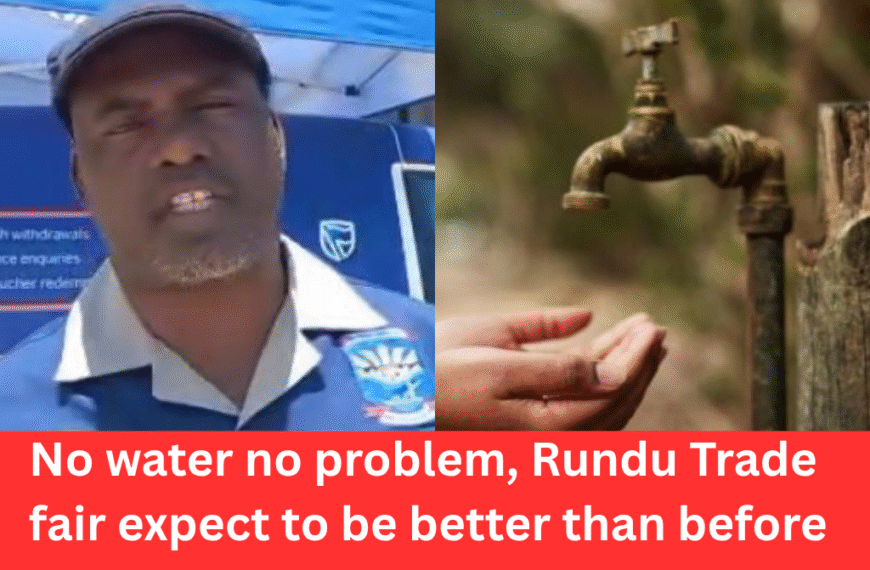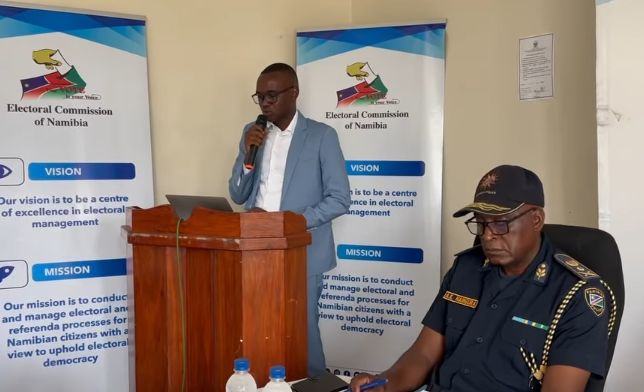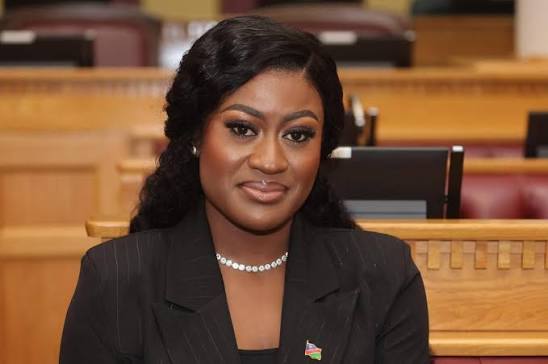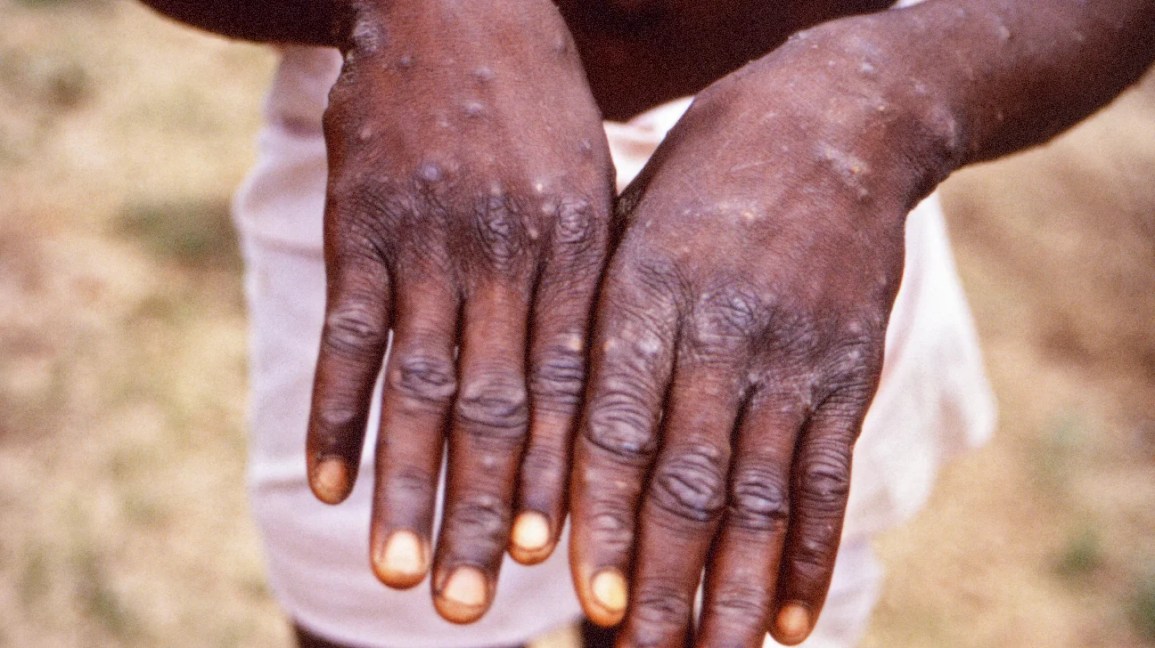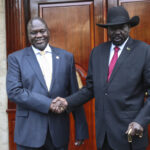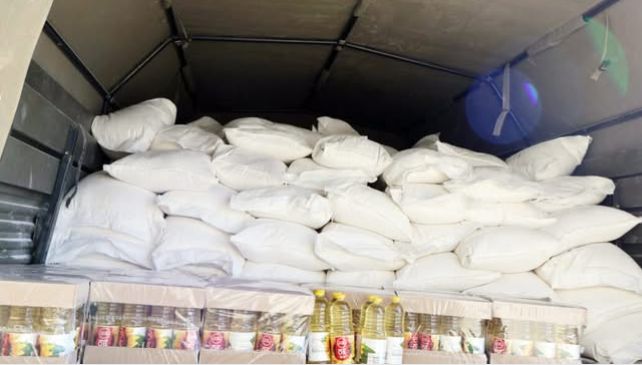
More than 1.4 million Namibians have been left facing food insecurity following the country’s worst drought in recent years, triggered by the El Niño phenomenon and poor rainfall during the 2023/2024 agricultural season.
Widespread crop failures, depleted grazing lands, and severe water shortages have worsened the situation, affecting over 384,900 households across Namibia.
Prime Minister Elijah Ngurare, announcing the official conclusion of the 2024/2025 drought relief programme, said the government had reached the end of its emergency efforts in all 14 regions.
He acknowledged the programme faced setbacks, including delays and logistical difficulties that caused food delivery backlogs in some areas.
Ngurare warned that Namibia remains highly vulnerable to climate shocks, with disasters becoming more frequent and intense.
He urged communities to prepare for future challenges and stressed the need for long-term resilience strategies, while also commending those who supported the relief effort.

